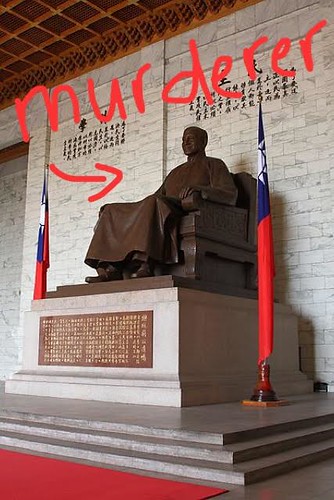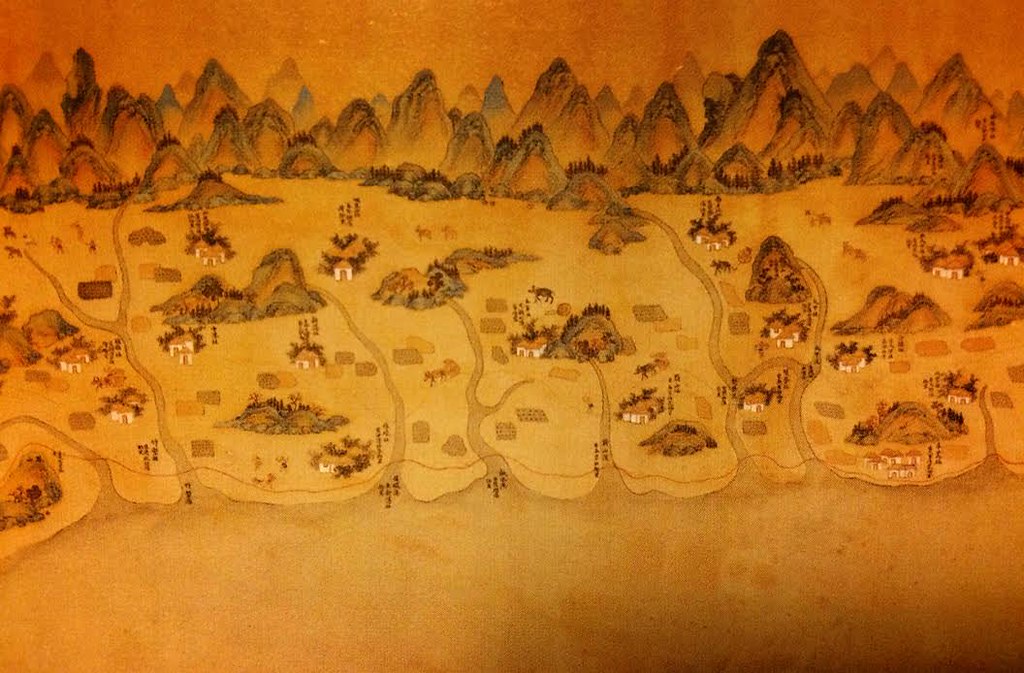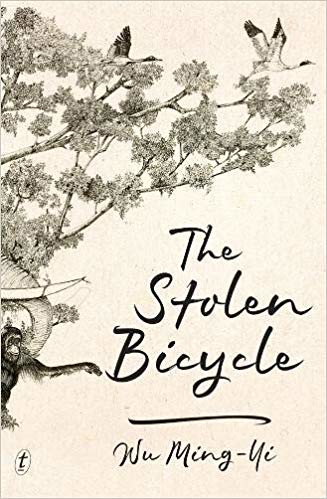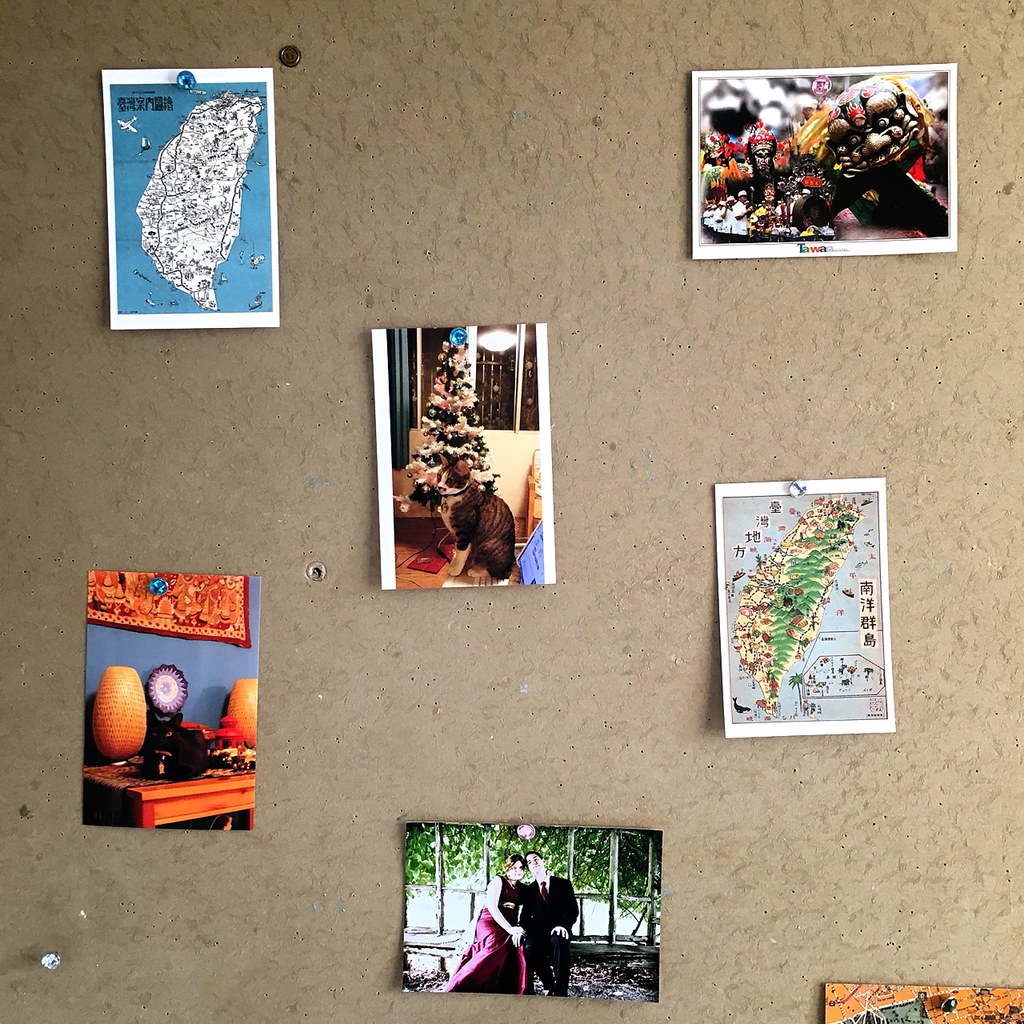So, I've tried to write before about certain issues I see in who Taiwan's 'friends' are in the US government, and why that's a problem. I didn't do a very good job, and I won't bother to link it. I do still think it's an issue though, so consider this my attempt at refining and re-articulating what I want to express.
Overall, it does seem clear that Taiwan has more bipartisan support in the US than you'd think at first glance. I've written about this before; more recently, you can see evidence of this in the fact that the Taiwan Travel Act was passed unanimously by the Foreign Affairs Committee and both houses. The situation is not as dire as it seems.
But, despite this, we do still seem to get the most vocal support predominantly (though not entirely) from conservatives, some of whom are otherwise just...dire people. The Taiwan Travel Act was Marco Rubio's bill. Ted Cruz likes us...so, uh, okay. Dana Rohrabacher has submitted a resolution for formal US-Taiwan ties, which of course I heartily support.
Note above that I said "conservatives", not "Republicans" (though they are that too) - that's intentional. I'm sure what I'll say below will be dismissed as "tribalist" or "partisan", so I want to make it very clear that this isn't about parties or tribes: it's about values. If a dodgy Democrat (and they do exist - I'm not a huge fan of Andrew Cuomo for example) or an upstanding Republican (I don't have many problems with, say, Susan Collins although we don't agree on everything) were to show support for Taiwan, I'd judge them on their values and history of elected service, not their party.
I also understand the importance of taking help where we can get it: I may not like it, but in Taiwan's position I can't get behind abandoning the few people who have actually spoken up for us, while those I'd like to see in our court have, frankly, failed to live up to the universal values they claim to support.
With that in mind, I don't think I have to list the many ways in which people like Rubio, Cruz and Rohrabacher are, in almost every other respect, horrible. (I say "almost" very intentionally. Cruz occasionally stands up for what he thinks is right, Rubio is a big supporter of Hong Kong's political freedom, and Rohrabacher is pro-weed, which has all sorts of race implications that people don't always think about: people of color are far more likely to be incarcerated over a marijuana-related drug violation than white people, with the discrepancy not explained by rates of use).
From being anti-choice (and comfortable, therefore, with condemning more women to death as anti-choice policies only lead to fewer safe abortions) to climate change skeptics, to not supporting marriage equality, our allies on Taiwan are not good people. Period. The sort of world they want to build is one in which a huge swath of Taiwan ends up underwater, and on other issues such as marriage equality, a woman's right to bodily autonomy and health care access (and more - this is just a shortlist), I worry that the sort of Taiwan they would like to see would not be the one that other independence advocates like myself (and many others, including most young Taiwanese) hope to build.
That shouldn't matter - after all, they don't have any say over Taiwan's internal governance, but it still makes it difficult to support Taiwan for a few reasons. I find it unfair, then, to dismiss these concerns as mere partisanism or tribalism.
The biggest one is that liberal pro-Taiwan American citizens don't have many choices in terms of voting for pro-Taiwan candidates (this is why I haven't mentioned people like John Bolton, and am sticking to people one might actually see on a ballot). It's not a huge problem for me as a New Yorker (Chuck Schumer signed the letter summarized in the first link in this post; Kirsten Gillibrand studied in China and Taiwan so while I worry that she might be too forgiving of China, at least she doesn't lack basic knowledge of the issue, and nobody who runs for Congress in my district seems to have anything to do with Taiwan regardless of party), but it is a problem for many others. What do you do if you're a pro-Taiwan liberal, for example, and your choices are pro-Taiwan Ted Cruz or a not-so-pro-Taiwan challenger who is better than Cruz in every other way? Or your choice is between pro-Taiwan Dana Rohrabacher and his not-as-pro-Taiwan challenger, who again is better than Rohrabacher on every other platform?
Another problem is that it is starting to feel as though any critique of this issue among pro-Taiwan advocates initiates an immediate, reflexive and frankly unfair pushback of "that's PARTISAN!", which - while I know this isn't the case for many (most!) people on our side, kind of lends the whole endeavor of fighting for Taiwan a veneer of being far too closely tied with the conservative agenda in the US.
I know, for example, that FAPA is not "overly" focused on Republican lawmakers; they'll talk to whoever is in power. I have no issue with them. However, they are widely seen* as being in bed with the American Right, and have done little to dispel that notion. I would imagine that Taiwan independence advocates do - and are willing, even happy - to talk to the left, but the public perception seems to be that they don't make an effort (rather than that the left has failed Taiwan), and that is a problem. Of optics, but a problem nonetheless. That concerns me.
And, of course, the issue I so inarticulately brought up in the past: that it's easier to compartmentalize when talking to odious people in government as a man. The people you are discussing Taiwan with aren't trying to take away your ability to access important health care (forget even the abortion issue: they want to shut down Planned Parenthood which does a lot more than perform abortions. For some women it's the only way they have access to regular pap smears, STD tests and birth control.) They aren't trying to oppress you. You have the privilege of compartmentalization. I don't. I can't talk to them, and therefore I cannot be more deeply involved in the Taiwan independence movement in that way.
In fact, it is a privilege to be able to do so. It is a privilege to have the ability to treat every cog in the American power machine as a neutral actor who might help your cause, because your bodily autonomy is not on the line. For me, it's like knowing there are some men in power who would very much like to be Commanders and turn women like me into Handmaids, and being told to be nice to them, to approach them (or their office - same difference), to engage with them, maybe to even hope they are re-elected, because they might help you on another issue. To be told that if you support Taiwan, you can vote for people like them who will fight for recognition of Taiwan in the US government (something I have been told) - oh, but they want to turn you into a Handmaid.
And the answer there is a strong non-negotiable no to all of that. In fact, it is a privilege to be able to say yes, or even maybe.
This worries me, because it is not a great leap from "but that's PARTISAN!" to "if you can't be involved, that's your fault", when, frankly, it isn't. There is not a moral equivalency between their wish to oppress me and my insistence that I will not hold my tongue against people who both wield power and wish to oppress women. It's the fault of the men who hold these views.
Nobody has said this as of yet, and I know most wouldn't, but to be honest, some days I feel like it's inevitable that someone will. I suspect that if it comes down to just a few votes between turning American women into Handmaids (or not), and the deciding votes are held by conservative pro-Taiwan candidates, that some (many?) who lobby for Taiwan will stay silent for the sake of Taiwan, because Taiwan allies winning seats is more important to them than women's rights.
And as a woman, I just can't support that. I love Taiwan, but I also have a vagina, and I cannot work with the same people who want to oppress me. I can't stay silent, and I do hope many friends of Taiwan lose their seats.
In other words, it's not "tribalist" or "partisan" when my actual bodily autonomy is at stake. It's about my bodily fucking autonomy, not a tribe or party.
This leads me to a final issue: with this tug-of-war between liberal values (which often leave women in the cold regardless) and fighting for Taiwan, and calls of "partisan!" and "tribal!" on one side and calls of "you're all sellout imperialists!" (or whatever) on the other, it is very hard to support Taiwan when everybody else who supports Taiwan seems to hate each other, the whole thing is a fishbowl, and when you bring up concerns about our 'friends' who are manifestly anti-woman as a woman, it's your turn to be the center of that fishbowl and everyone hating each other and whatever.
(For the record, I don't hate anybody, and those in Taiwan whom I dislike are not Taiwan advocates although some are pro-independence.)
I'm not suggesting we change anything per se - I don't see how we could reasonably and realistically keep up this fight if we ditch our allies, odious as they are (I've heard a few proposals and am sympathetic to some, but none that are actually workable). But, I am concerned that the privilege of treating everyone as a neutral potential ally is not fully understood, and that attempts to point this out are met with reflexive and unfair critiques of "partisanship" rather than a true attempt to understand that one only has the privilege of advocating in this way if one does not stand to lose as much from some of these people staying in power (and if you are a woman who stands to lose, that it can be extremely stressful to join the fight anyway, or to decide not to do so because you simply can't abide your would-be oppressors.)
OOH! OOH! BONUS PROBLEMS
That Taiwan advocates don't seem to make much of an attempt to reach out to the general electorate at all is another problem - publishing only in outlets that people who are already knowledgeable about Taiwan read (like the Taipei Times), or niche publications that the average Western liberal wouldn't read regularly. I know it's difficult to get published more widely - I'll admit that I've tried and failed - but we have to. We're not reaching the voters. One can find non-Palestinians who care about Palestine, and non-Tibetans who care about Tibet among the electorate of any Western democracy, but it is rare indeed to meet a pro-Taiwan person who has no personal connection to Taiwan.
We need to change that, and we aren't trying.
Finally, I worry. What happens if a "friend of Taiwan" then slips into his speeches some sort of appeal to ensure marriage equality never becomes a reality, or supports people like Katy Faust returning and meddling in our business? What happens if links between some pro-Taiwan conservatives and the American Christian right groups that are trying to influence the future of marriage equality in Taiwan are found to exist? (Sounds crazy, but they are on the same side in the anti-equality fight.)
This whole constellation of issues which are interrelated (although their relationships might not seem initially clear) are why, yet again, it is really, really, very hard to support Taiwan.
*I'm using past tense here because it's important to me to protect the identities of the people I know who have said exactly this. I won't name them and as this is a blog, not a journalistic endeavor, I don't have to.




